Seeking comfort from a particularly demanding week, two weeks ago I strolled into a small café on a wet afternoon. Deeply engaged in a financial saving project, I carefully tracked every dollar and reduced expenses. My intention was to save for a trip, but that day the quest of economy encountered an unanticipated obstacle: a cup of black coffee that would torment me for days.
The café has a classic old-world appeal. Months had passed since I had let myself a treat like this, preferring to save the extra money by making my own coffee at home. Still, my eroding will and the dreary weather made me vulnerable. I looked at the menu, then my eyes rested on the black coffee item that would shortly bring about constant remorse.
Young woman with a great smile, the barista asked me what I wanted. I paused then gestured to the black coffee, considering it would be a cheap, basic pleasure. My delight became to dismay only when I got the cost. The coffee, a single cup of black brew, set me back a shockingly $8.
Paying with a stiff smile, I tried to hide my disbelief. I reminded myself it was only a one-time treat, a little deviation from my schedule. Sitting drinking the coffee, I persuaded myself it was worth it. The café had a calm atmosphere, and the coffee was good, but not good enough to offset the price. Still, I cherished the moment and discounted the persistent guilt, thinking it would be worth the expense.
The sting of that black coffee bill sharpened over the next several days. I began fine-toothed combing over data, reassigning my budget. Every day the $8 coffee bill loomed bigger, a continual reminder of my mistake. When I went back over my spreadsheet, I saw how one impulsive purchase threw off my carefully thought-out finances.
I became ever concentrated on the expense. I started to feel rubbish chewing at me. With that money, what else may I have done? It could have been used on a night out, a special meal, or perhaps a little treat for myself. No, however delicious, it had been spent on a cup of coffee that lacked transforming or life-changing power.
I started to consider my decisions and willpower as well as my budgetary patterns. Every time I opened my wallet, I was plagued by that $8 black coffee memory. I objected to the café’s lovely décor and the barista’s happy attitude. I even avoided strolling by the café, as though its very existence would cause my financial foolishness to repeat again.
I expressed my anger to friends, hoping for at least a mutual irritation or pity. Most of them, though, waved it off, saying it was only coffee and not worth worrying over. They counseled me look forward and pay more attention to the long run. Still, their comments were ignored; my obsession with the $8 coffee persisted unabated.
Two weeks into my suffering with my budget, I broke through. The black coffee now represented my struggle with self-discipline and financial priorities, not only a financial mistake. It was time, I thought, to face the matter squarely. I went back to the café to clear the air, not for more cup.
The same barista met me as I walked through the doors. I walked up to her combining resolution with trepidation. I described how the apparently benign cup of black coffee had interfered with my attempts at budgeting and tormented my ideas. She listened carefully and her expression showed real compassion, which surprised me.
She smiled sympathetically and reassured me that many of her clients battled with budgeting. She advised me to give her preferred coffee blend some thought; it was reasonably priced and had grown to be a fixture in her house. That day I left the café carrying a sample of her suggested blend and a fresh feeling of financial power.
The next several days changed my perspective. Although it wasn’t as good as what the café offers, I made the sample coffee at home and it was far more reasonably priced. The little triumphs of saving money comforted me; my obsession with the expensive black coffee started to fade.
Ultimately, the $8 cup of coffee was a teaching in financial discipline and self-awareness rather than only a brief luxury. It strengthened my will to reach my savings targets and helped me to understand the need of careful expenditure. Though it had caused me much pain, it finally turned into a spur for introspection and personal development.
Therefore, even if I still sometimes indulge in a coffee out, I do it knowing my budgetary limits and priorities. And as I walk by the café, I am reminded of the need of juggling pleasure with financial responsibility rather than haunted by the past.
(Photo by Ben Kolde on Unsplash)
Also read:
When Every Penny Counts: Finding Financial Stability in a World of Uncertainty
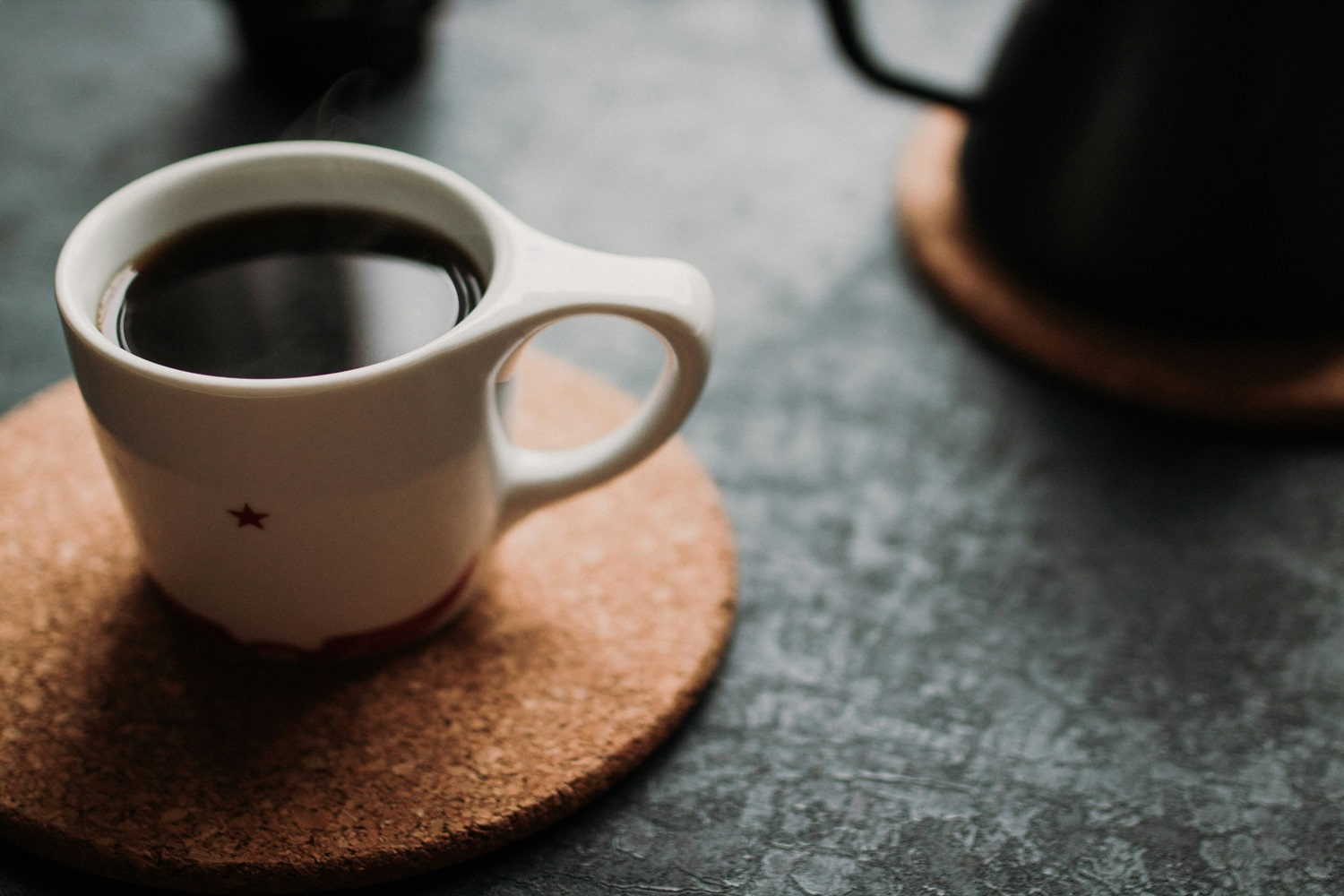
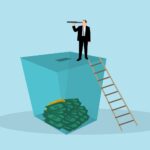
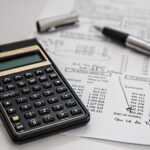
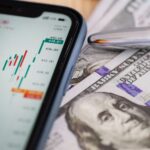

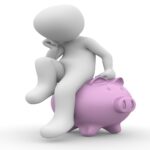
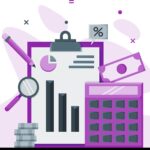
[email protected] published fields are marked Required